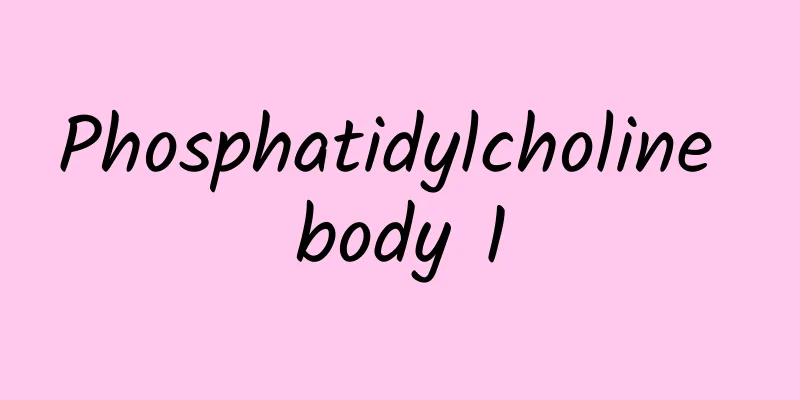Benign prostate

|
Prostatitis is a difficult problem to cure in modern clinical medicine, and most patients with prostatitis will develop into chronic prostatitis, the treatment of chronic prostatitis is more complicated and requires a longer treatment time. Severe prostatitis can also develop into prostate tumors, and prostate tumors are also divided into benign and malignant properties. If a patient suffers from a benign prostate tumor, what are the symptoms? 1. Frequent urination is often the first symptom of patients with prostatic hyperplasia. In the early stage, it is caused by prostatic congestion and stimulation, which is more obvious at night. When the obstruction worsens and the residual urine volume in the bladder increases, frequent urination will gradually increase. This is because the bladder is often partially filled, which reduces the effective capacity. 2. Dysuria Progressive dysuria is the most important symptom of prostatic hyperplasia. Because it often develops very slowly, it is sometimes considered a natural phenomenon of the elderly and does not attract attention. In addition to asking about the medical history, the doctor should directly observe urination to understand the degree of dysuria. In mild obstruction, urination is slow and intermittent, and there is dripping after urination. When the obstruction worsens, urination becomes difficult, the range is shortened, the urine stream is thin and weak, and finally drips. 3. Urinary retention. When the obstruction worsens to a certain degree, the bladder cannot empty all the urine during urination, resulting in residual urine in the bladder. The larger the residual urine volume, the more severe the obstruction. Excessive residual urine can cause the bladder to lose its ability to contract, and urine retention will gradually occur. Urinary incontinence may occur, which is caused by the over-distension of the bladder, causing a small amount of urine to overflow from the urethra, which is called overflow incontinence. Acute urine retention may occur at any stage of prostatic hyperplasia, mostly due to sudden congestion and edema of the prostate caused by climate change, drinking, fatigue, etc. 4. Other symptoms When prostate hyperplasia is complicated with infection, there may also be symptoms of frequent urination, urgent urination, painful urination and cystitis. The symptoms are more obvious when there are stones, and may be accompanied by hematuria; prostate hyperplasia may cause painless hematuria due to local congestion. In the late stage, hydronephrosis and renal insufficiency may occur. Long-term dysuria leads to increased abdominal pressure, inguinal hernia, rectal prolapse or internal hemorrhoids, etc., which may occasionally mask the symptoms of prostate hyperplasia and cause errors in diagnosis and treatment. |
<<: Can male infertility be cured?
>>: What are the disadvantages of ejaculating too much sperm?
Recommend
Stop eating it! It really has no effect at all
There are many ways to improve sexual performance...
What are the side effects of penis lengthening surgery?
In daily life, many men are born with development...
What causes red spots on the glans penis?
Male genital health is a very important issue in ...
Drug treatment for premature ejaculation
Premature ejaculation is a common disease, which ...
What is the reason for a hard ring after circumcision?
After circumcision, if the area around the circum...
How to check the prostate? Three common methods!
All men should protect their prostate glands. Thi...
Burning sensation in the testicles
If male friends do not pay attention to hygiene i...
How to treat orchitis in men
The most common disease of the testicles is orchi...
Symptoms of white blisters on the penis
If small white blisters grow on the penis, you ne...
Male vulva itching pictures
When it comes to vulvar itching, everyone thinks ...
What medicine can be used to treat male urethritis?
Male urethritis refers to inflammation of the mal...
Symptoms of the AIDS window period, how to treat AIDS
Among the common sexually transmitted diseases, A...
What to do if your scrotum is red? These care methods are essential
If a man has red scrotum and sometimes itching sy...
How to restore erection
When the male body has physiological needs, the p...
Is eating deer antler effective for premature ejaculation?
I have heard that velvet antler is a precious med...









